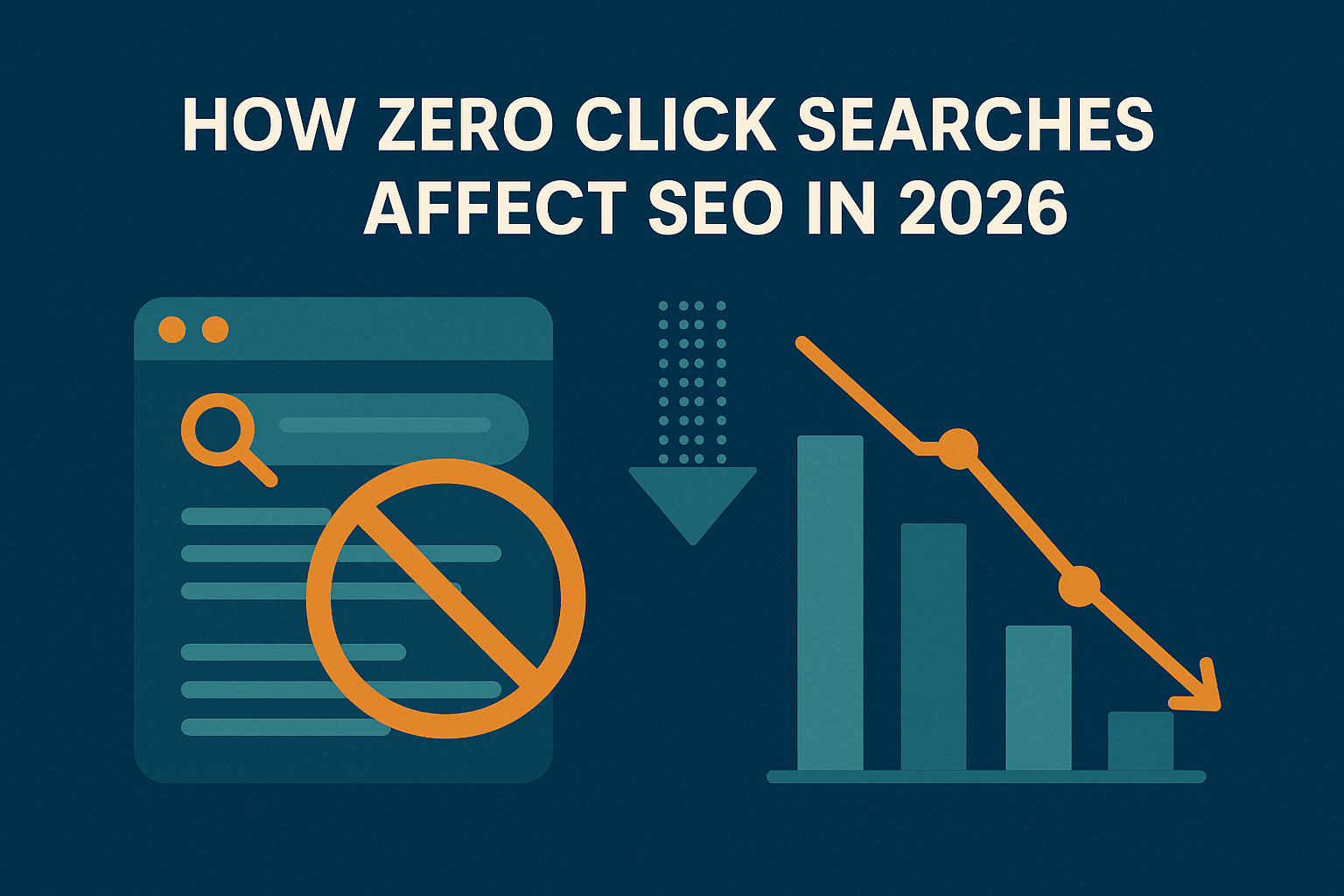Optimizing Content for E-E-A-T: What Your SEO Virtual Assistant Needs to Know
In today’s search landscape, content alone is not enough to earn top positions on Google. Your website's quality, credibility, and authority are now just as important as keyword targeting. To assess content quality, Google uses the E-E-A-T framework—Experience, Expertise, Authoritativeness, and Trustworthiness. Whether you're a small business owner or a growing digital brand, leveraging an SEO Virtual Assistant who understands E-E-A-T can significantly improve your online visibility and organic rankings. This blog explores the essential ways your assistant can optimize content to align with E-E-A-T principles and elevate your SEO strategy.
Key E-E-A-T Elements Your SEO Virtual Assistant Should Focus On
1. Demonstrating Experience and Expertise
Your virtual SEO assistant should help build content that clearly shows firsthand knowledge and technical skill. This includes integrating case studies, client success stories, author bios with credentials, and real-world insights into your articles and landing pages. Google favors content written by individuals who have relevant life or professional experience. For example, product reviews written by actual users are now seen as more credible than generic write-ups.
2. Building Authoritativeness Through Strategic Content Planning
Authoritativeness is all about how your content reflects leadership and recognition in your niche. Your assistant should ensure your site includes content that links to or is linked from other reputable sources in your industry. They can also optimize for structured data (such as “about” pages or schemas), help acquire guest posts, and manage your backlink strategy, boosting both domain authority and topic relevance. Regularly publishing high-value, in-depth content also positions your brand as a reliable voice in the field.
3. Establishing Trustworthiness Across Your Site
Trust is the foundation of E-E-A-T. Your assistant must ensure that your website has clear contact information, secure HTTPS protocols, privacy policies, and terms of service pages. Accurate citations, referencing sources, and avoiding exaggerated claims all build user and algorithmic trust. Handling online reviews, monitoring brand mentions, and managing your Google Business Profile are also key responsibilities they can take on to strengthen trust signals.
4. Creating and Maintaining Author Profiles
Content creators need to be visible and credible. Your SEO assistant should set up detailed author profile pages that include bios, links to professional credentials, and social media profiles. This helps validate the content's origin and aligns with Google’s growing emphasis on content accountability. Regular updates to these profiles and linking them to every article they produce is also a good E-E-A-T practice.
5. Monitoring and Updating Content
Outdated content can hurt credibility. A skilled virtual assistant will routinely audit and refresh existing content to ensure it remains accurate, relevant, and aligned with current standards. Adding new insights, correcting outdated facts, and optimizing for current keywords are critical for maintaining both user engagement and Google’s trust.
Empower Your SEO with E-E-A-T Mastery
Optimizing for E-E-A-T isn’t a one-time task—it’s a continuous effort that requires strategic oversight and a keen understanding of how Google evaluates quality. A knowledgeable SEO Virtual Assistant can be your secret weapon in this evolving digital landscape. By managing your content's credibility, enhancing trust signals, and ensuring your expertise shines through, you help drive long-term SEO success and build a brand reputation that Google and your audience can trust.










